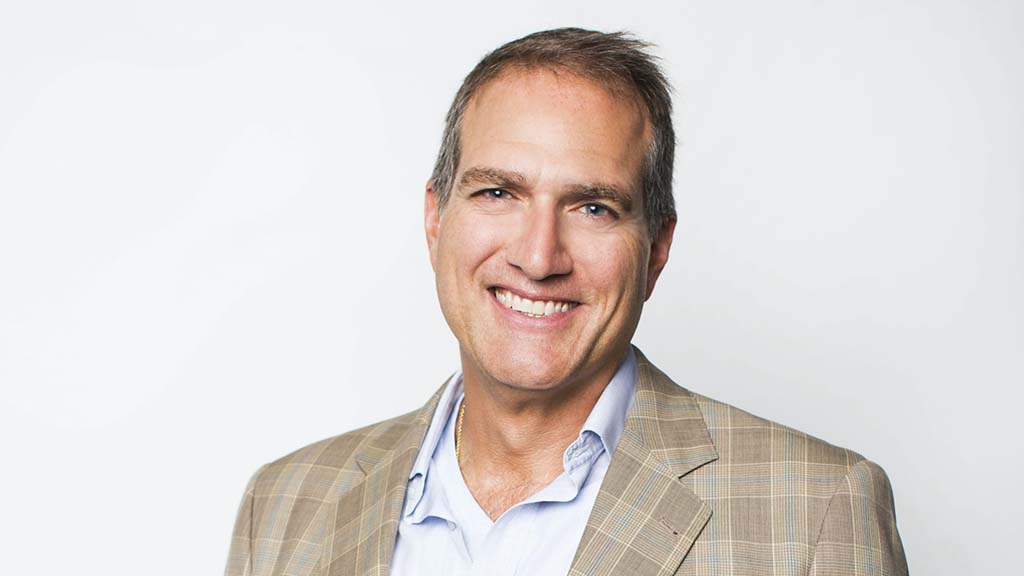Aereo service launches despite legal controversy
Aereo has launched its much debated online television platform in the New York market and, faced with litigation from broadcasters, has more than $20 million to support a prolonged fight. For $12 a month, the Aereo service provides users with a remotely located dime-sized antenna that is used by an individual subscriber that will stream broadcast networks live over broadband across devices, along with storage space on a cloud-based digital video recorder (DVR).
The service allows subscribers to use an individual antenna to access live, HD television broadcasts on web-enabled devices and to record up to 40 hours of programming through their DVR. There’s no cable required. Members must be New York City residents with compatible iOS devices. Upon joining, members receive a 90-day free trial followed by a $12 monthly fee. The company said it has thousands of the HD-quality antennas in data centers in the tri-state area, which meet a court (and broadcasters’)'s objections by receiving signals with an antenna, not a satellite dish.
Broadcasters are arguing that copyright law does not allows Aereo to retransmit their over-the-air signals on the Internet without obtaining a license from them to do so. Aereo, which has studied former efforts to bring television to the Internet, is using an array of micro-sized antennas to pick-up the signals off-air. Users simply rent an antenna and online VTR to have the service sent to them over the Internet. Aereo is betting that scheme will pass muster with the courts because the service does not deny broadcasters viewership, Each antenna counts as an individual user whether they use the iPad, a TV or computer to access their live feeds.
Barry Diller, the main investor in Aereo, is bracing for “a great fight” against television broadcasters. This week, Aereo countersued the networks and television stations over their attempts to block his new Internet streaming service in New York City. Answering the original complaint of the broadcasters that the service is distributing copyrighted material for a profit, the counter-suit claims Aereo doesn’t violate the copyrights of ABC, CBS, and NBCUniversal.
“Aereo’s business rests on three very well established legal principles: the consumers’ right to access broadcast television, their right to record unique copies of broadcasts for personal use and their right to use remotely located equipment to make their private copies,” the company said in a statement. “We firmly believe that Aereo's technology is lawful. We are confident in the legal process, and we look forward to a prompt resolution of these meritless lawsuits.”
Previous attempts to deliver television signals over the Internet have not survived lawsuits filed by broadcasters. Aereo, backed by Diller’s IAC, was consciously designed to be immune to such legal action. Each subscriber gets an individual antenna in a large grid, preventing claims of shared broadcasts, and can only record shows for their own viewing. The $12 monthly subscription pays for the streaming and cloud storage costs.
Experts view the legal action as a response to frustration at losing customers who might have otherwise gone to basic cable and generated more revenue, perhaps through retransmission payments.
Get the TV Tech Newsletter
The professional video industry's #1 source for news, trends and product and tech information. Sign up below.
Diller, chairman of IAC, spoke at South by Southwest in Austin, gleefully saying the court case with broadcasters “is going to be a great fight.” He showed the high-tech audience why broadcasters and multichannel distributors don’t like the latest broadband broadcasting concept, demonstrating a few seconds of live TV and the “DVR in the Sky” service that comes with it.
Diller, who created the Fox Network, said broadcasters “forgot a longtime ago” how they got a free broadcast license in the first place. “They have the right to say where and when they want programming they own to be displayed,” he admitted. But, he contended, they don’t have the right to insist on intermediaries they approve as the conduit to consumers. “I don’t think it’s on the side of settled law or on the side of the angels,” he said.
When they ask for retransmission fees to allow Aereo to operate, Diller said he tells them, “When you get Radio Shack to pay you a slice of profit for selling an aerial, we’ll pay you.”
Diller argues that Aereo avoids legal issues others have faced by leasing the antenna to consumers, who then “control” it via devices they already own. But even a win in court doesn’t guarantee a business success, Diller said. During the on-stage interview, Diller noted that even if the service is profitable in New York City, it’s hard to say whether not it will sell in the rest of the nation.
“We don’t know yet,” he said. “We don’t know if anybody’s going to want to do this.”
Chet Kanojia, founder and CEO of Aereo, said technology is changing rapidly and consumers want innovation that simplifies access to entertainment. “People no longer want to be tethered to their TVs or cable boxes,” he said. “Consumers are demanding more flexibility and value; Aereo delivers just that. This truly groundbreaking technology will usher in a new era of choice in the broadcast marketplace, making the consumers the ultimate winners.”
